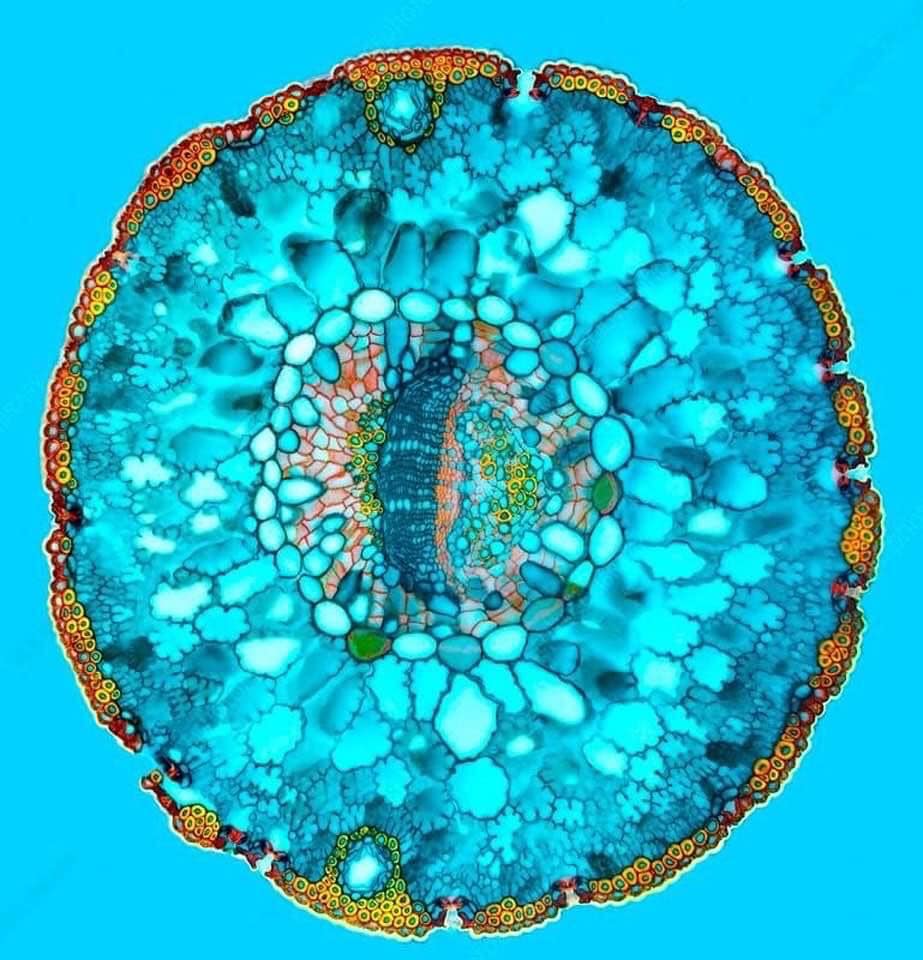
The "Skinny" on Pine Needle Tea
Have you ever sipped on a cup of pine needle tea? It may sound like a strange concoction, but it's been enjoyed for centuries across the globe. From Japan to Russia, Korea to China, it's been a go-to medicine in traditional cultures.
Our Immune Boosting White Pine Needle Tea is made from the needles of the Eastern white pine (Pinus strobus) and is packed with nutrients that are essential for your health.
What is Pine Needle Tea?
Pine needle tea has been consumed for centuries in countries such as Japan, China, Russia, and Korea. It is an excellent source of nutrients during harsh winter months when fresh fruits and vegetables are unavailable. This year-round availability is one of the main reasons it’s a part of several traditional medicinal practices.
The Iroquois brewed pine needle tea for centuries before offering it to malnourished European explorers. One of the most famous examples of its early use is when the Iroquois saved the Frenchman Jacques Cartier’s dying crew with pine needle tea in 1543.
What is Pine Needle Tea Made Of?
All you need to make pine needle tea is a source of edible pine needles. A lot of pine varieties are safe to consume, including Eastern white pine, Japanese red pine, Himalayan cedar, spruces, and firs.
It is important to note that you should avoid inedible pine lookalikes, which can be dangerous. Specifically, you should avoid yew trees. It is always best to consult online tree identification guides or a local cooperative extension expert for help identifying edible evergreens. Never consume any plant unless you’re certain you've properly identified it and it’s safe.
 Cross Section of a White Pine Needle
Cross Section of a White Pine Needle
What Nutrients Are in Pine Needles?
The main beneficial nutrient extracted from pine needles when you make tea is vitamin C. All of the edible species contain this beneficial nutrient. Your body needs vitamin C to form bones and connective tissues.
They also contain several molecules that can vary in presence and quantity from one species to the next. Researchers are still in the process of identifying new compounds within pine needles. Some of the bioactive compounds identified so far include flavonoids, amino acids, and flavor-related compounds.
Pine needle tea has been used for centuries as a cure for scurvy. Scurvy is caused by a lack of vitamin C, which you normally get from the fruits and vegetables in your diet. Symptoms of this condition include weakness and fatigue, difficulty healing from wounds, gum disease, and weak and broken bones in children.
While scurvy is no longer common, you could still develop it if you’re struggling to acquire food or choose to follow an incredibly strict diet. Certain medical conditions, like Crohn’s disease and celiac disease, can also make it harder to absorb certain nutrients and could lead to scurvy if you’re not careful with your diet. Reports indicate that pine needle tea can cure even the most severe cases of scurvy and can protect people who are at risk for developing this condition.
Other potential health benefits associated with the compounds in pine needle tea include antioxidant properties, anticancer properties, antimicrobial effects, anti-aging effects, heart protection, and immune system modulation. While these benefits have been found in test-tube and animal experiments, none have been verified in human subjects.
Immune Boosting White Pine Needle Tea
Our product, Immune Boosting White Pine Needle Tea, is made from the needles of the Eastern white pine and is packed with essential nutrients, including vitamin C, flavonoids, amino acids, and other bioactive compounds. We offer our fresh tea in both convenient, pre-measured ready to steep tea bags or as loose needles. The antioxidant and immune system modulation properties of our white pine needle tea make it an excellent choice for supporting your immune system and overall health.
The information provided on this website is intended for general informational purposes only. It is not a substitute for professional medical advice, diagnosis, or treatment. Readers are advised to consult their healthcare providers with any questions or concerns they may have regarding their health or medical conditions. The website and its content creators shall not be liable for any damages resulting from the use or inability to use the information on this website.


